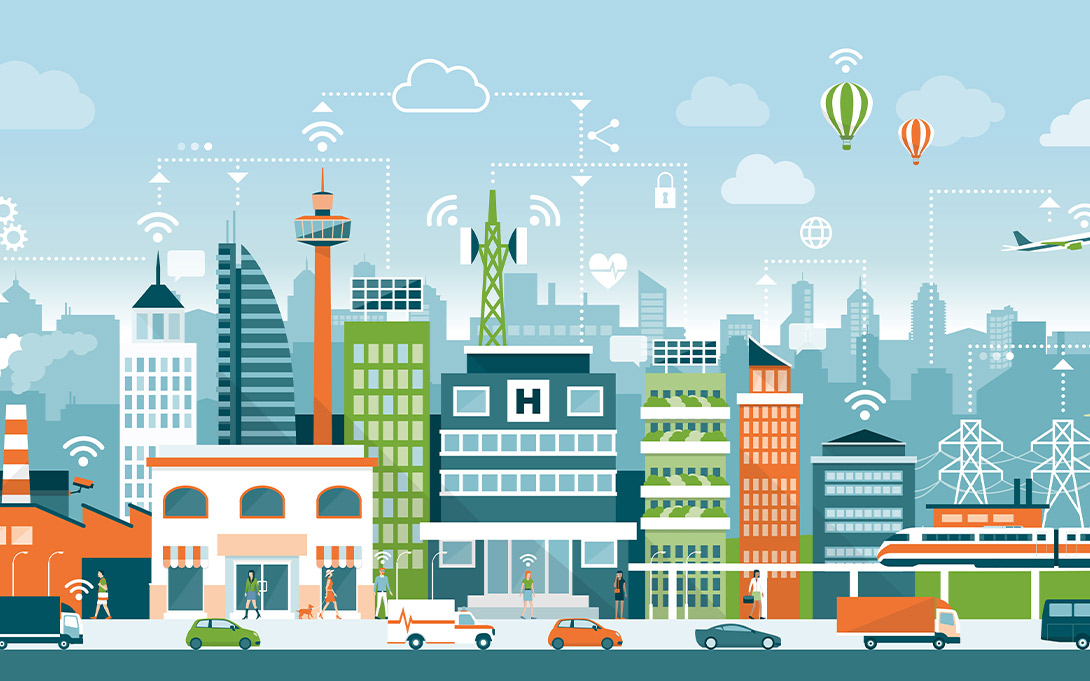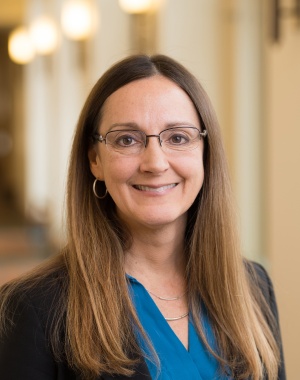
How can rapidly evolving technology and public policy help make transportation safer, cleaner, and more equitable? In a new, six-week Massive Open Online Course (MOOC) titled People, Technology & Future of Mobility, participants will learn about electrification and automation–two major technological innovations with far-reaching social, economic, and policy implications.
The universally accessible course was designed and taught by Elisabeth Gerber, Jack L. Walker, Jr. Collegiate Professor of Public Policy at the Gerald R. Ford School of Public Policy, in partnership with U-M’s Center for Academic Innovation.
“These powerful technologies—electrification and automation—are transforming mobility and have the potential to improve quality of life for billions of people around the world,” Gerber said. “They may give people greater access to jobs and housing and amenities more safely and at lower cost. They may reduce our dependence on fossil fuels and massively cut greenhouse gas emissions. But these benefits are not guaranteed. People will need to make difficult decisions about how and where to invest scarce resources in new transportation infrastructure and technology, whether to provide financial incentives for adopting the new technologies and to whom, how to regulate the use of electrified and autonomous vehicles, and so much more. That’s what this course is about.”
Created through a partnership with Siemens, the course features insights from leaders in automotive and transportation, strategy, and sustainability. Participants will also hear perspectives from government officials at the state and local levels, as well as experts in engineering, public policy, health, law, urban planning, and economics.
Participants will learn how these technologies are being deployed; grapple with the complex trade-offs between safety, sustainability, and access; and be prepared to think about what comes next.
This course is appropriate for learners from all backgrounds and does not require prior training in engineering or social science.
Listen to Gerber’s interview with Siemens about the course.
Learn more and enroll through Michigan Online. U-M students, alumni, faculty, and staff may earn a verified course certificate for free. All others can earn the certificate for a small fee, or audit the course at no cost.

